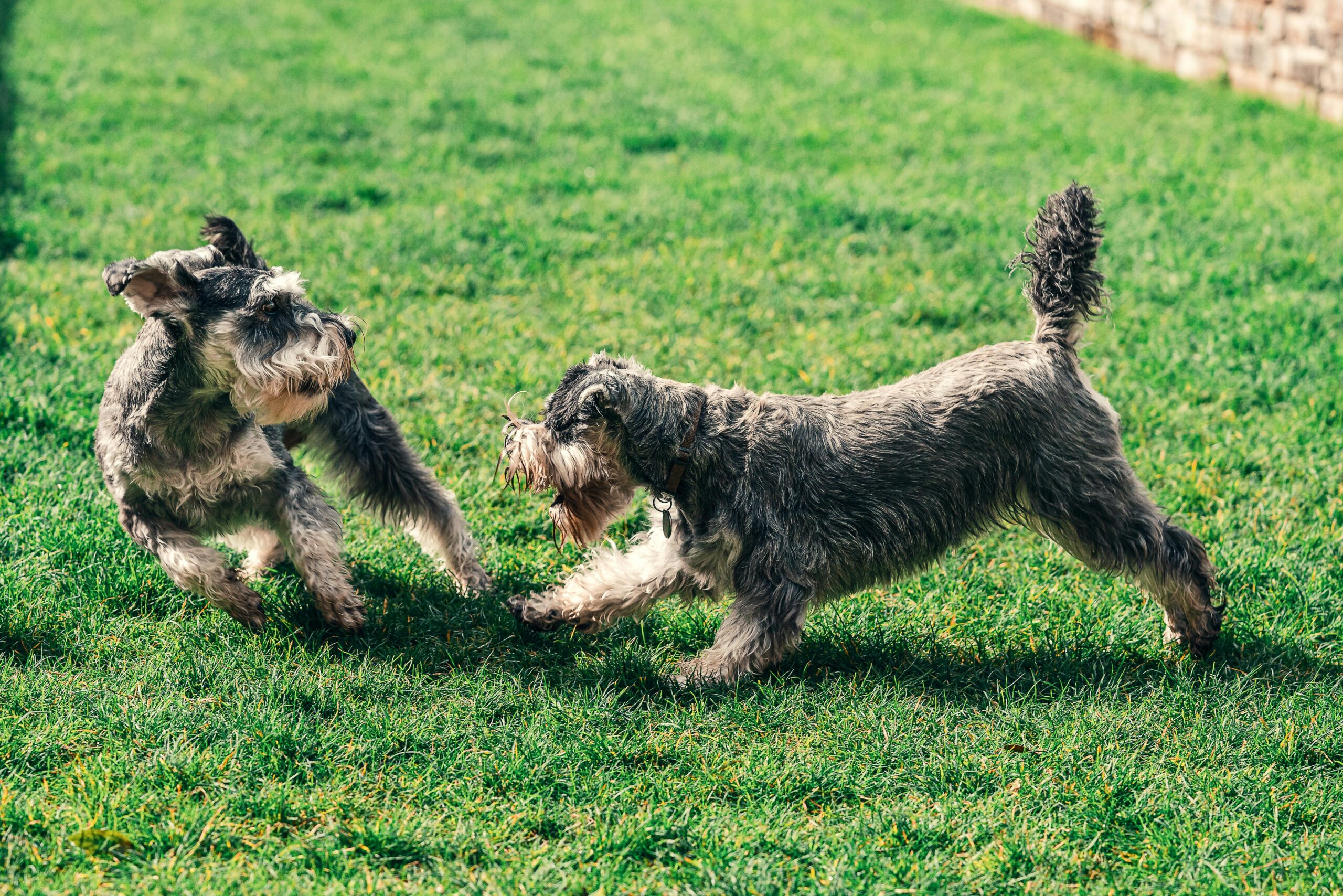Bringing a new puppy into your home is an exciting and joyful experience. But alongside the fun and cuteness, comes the responsibility of ensuring your furry friend grows into a well-behaved and non-reactive dog. One of the most crucial aspects of raising a balanced pet is socialisation—especially introducing your puppy to other dogs. In this post, we’ll walk you through why socialisation is essential and provide practical tips to help you and your puppy succeed.
Why Socialisation Matters
A well-socialized puppy is more likely to become a confident, happy, and well-behaved dog. Socialisation helps your puppy learn how to interact appropriately with other dogs and people, reducing the likelihood of bad behaviours like biting, fighting, and general reactivity. Early positive experiences can set the stage for a lifetime of good behaviour and companionship.
Common Challenges
Introducing your puppy to other dogs can come with its own set of challenges. Here are some common issues new puppy owners often face:
- Bad Behaviour: Puppies may display undesirable behaviours such as barking, lunging, or growling when meeting new dogs.
- Biting: Playful nipping can escalate into more serious biting if not corrected early.
- Fighting: Without proper socialization, puppies may become aggressive, leading to fights with other dogs.
Tips for Successful Socialisation
1. Start Early
The earlier you begin socialising your puppy, the better. Puppies are most receptive to new experiences between 3 to 14 weeks of age. During this critical period, expose your puppy to as many different sights, sounds, and smells as possible.
2. Use Positive Reinforcement
Reward your puppy with treats, praise, and affection whenever they interact calmly and appropriately with other dogs. Positive reinforcement helps them associate these interactions with pleasant outcomes.
3. Gradual Introductions
Begin by introducing your puppy to well-behaved, vaccinated dogs in controlled environments. Gradual introductions help reduce anxiety and build confidence. Start with one-on-one playdates before moving on to group settings.
4. Monitor Body Language
Pay close attention to both your puppy’s and the other dog’s body language. Signs of stress or aggression, such as raised hackles, stiff posture, or growling, should be addressed immediately by separating the dogs and allowing them to calm down.
5. Enroll in Puppy Classes
Puppy socialisation classes provide a structured environment for your puppy to learn how to interact with other dogs. Professional trainers can offer valuable guidance and help correct any emerging behavioural issues.
6. Practice Patience
Socialisation is a gradual process that requires time and patience. Not all interactions will go smoothly, but consistent, positive experiences will lead to long-term success.
7. Leashed Walks
Take your puppy on leashed walks in areas where they are likely to encounter other dogs. Allow them to observe other dogs from a distance before gradually closing the gap. This helps them get accustomed to the presence of other dogs without feeling overwhelmed.
8. Exposure to Different Environments
Expose your puppy to various environments where dogs are present, such as parks, pet-friendly cafes, and dog-friendly events. These experiences help your puppy become adaptable and less reactive.
Conclusion
Successfully socialising your puppy is one of the most important steps you can take to ensure they grow into a well-behaved, non-reactive dog. By starting early, using positive reinforcement, and following the tips provided, you’ll set your puppy up for a lifetime of positive interactions and behaviours.
Feeling unsure about how to start? Reach out to a professional dog trainer who can provide personalised guidance and support. Remember, the effort you put into socializing your puppy now will pay off in the form of a happy, well-adjusted adult dog.
Ready to start your puppy’s socialisation journey? Share your experiences and challenges in the comments below, and let’s build a community of well-socialised, happy pups together!

